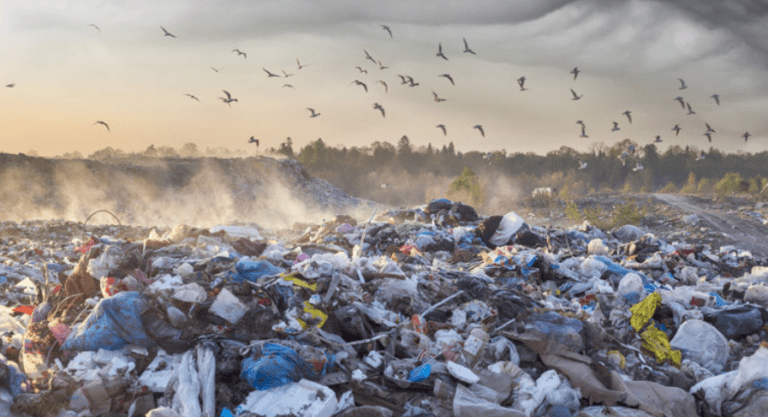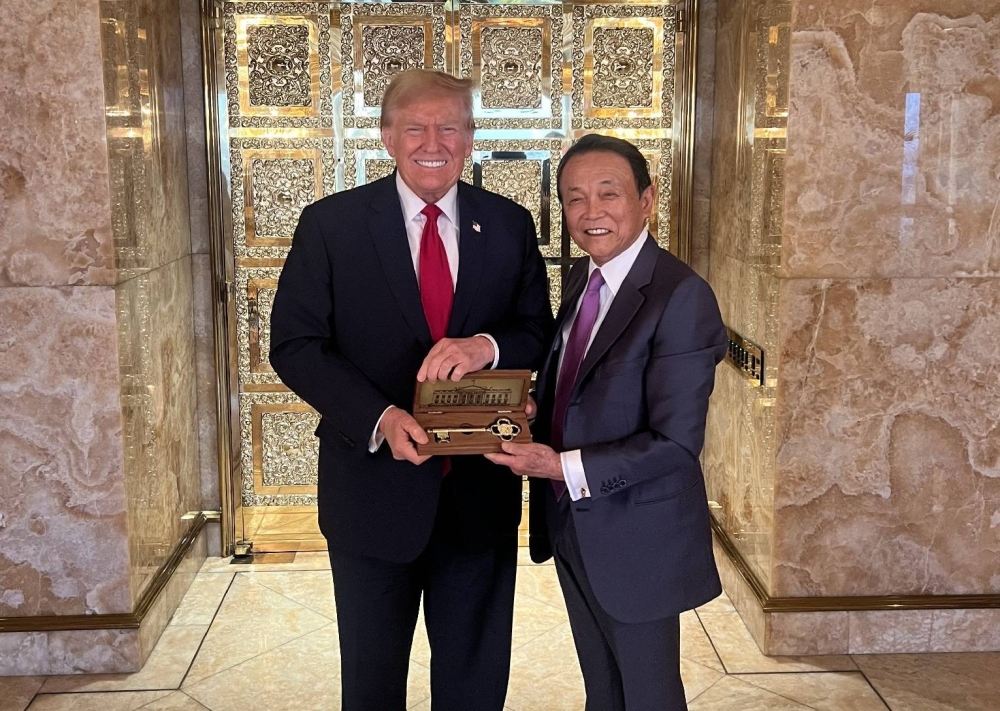- Wed. Apr 24th, 2024
Latest Post
Evolution from Stereo to Home Theater
The quality of the sound in a stereo system depends on the quality of the speakers and their placement in a given space. The correct arrangement of speakers can make…
GIDARA Technology: Innovative Solution for Converting Solid Waste into Sustainable Alternative Fuel (SAF)
GIDARA Energy’s HTW® (High Temperature Winkler) technology has been chosen by Aker Solutions (AKSO) to participate in a feasibility study for the Equinor Mongstad Industrial Transformation (MIT) project. The main…
Former Japanese Prime Minister Aso and President Trump hold discussions on security and economy
Former Prime Minister Taro Aso recently met with Republican presidential candidate Donald Trump at Trump Tower in New York. This meeting comes as Japan works to ensure it is prepared…
Official says $13.5 billion handout scheme in Thailand aimed at boosting economy, not targeting vulnerable groups
Thailand’s 500 billion baht ($13.53 billion) handout scheme is being implemented to stimulate the economy, according to a finance ministry official. The scheme is not specifically designed to help vulnerable…
Man fatally stabbed at sports bar in Cumberland County
A man was fatally stabbed at Pyrates Sports Bar in Spring Lake, Cumberland County, leading to a homicide investigation by the Cumberland County Sheriff’s Office. The incident occurred at 651…
For now, TikTok is avoiding fines from the EU
TikTok has successfully submitted the required risk assessment for the new “TikTok Lite” app to the European Union, avoiding a potential fine. The platform, known for its dance videos and…
Human Rights in April 2024: A Global Overview
This report highlights human rights issues that occurred in 155 countries in 2023, examining global and regional connections and anticipating future implications. Across the globe, states and armed groups are…
Smart Reporting, a technology startup founded by a radiologist, secures $25 million in funding
Smart Reporting, a technology startup founded by a radiologist, has recently secured nearly $25 million in new funding, according to leaders who made the announcement on Monday. The Series C…
Indian Compound Teams Reach Finals at 2024 Shanghai Season Opener
Aditi Swami, the reigning under-18 and senior World Archery Champion, expressed her excitement over the shooting process working well for the Indian team. Swami is hopeful that the team can…
Athletics at the University of Mississippi – Ole Miss
In a game against in-state rival Southern Miss, Angelina DeLeon and Lexie Brady hit home runs to lead the Ole Miss softball team to a 7-3 victory. Brady hit her…



